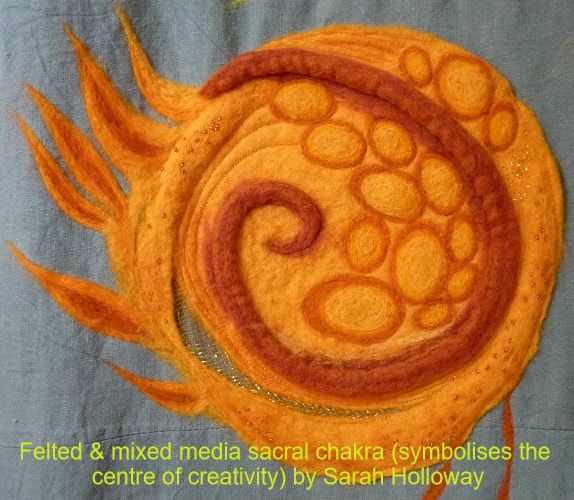|
As a self employed artist and teacher, I have had many life enhancing experiences of delivering art & craft sessions and really enjoy seeing participants' creativity evolve. However, very occasionally it has been challenging negotiating fair payment for the work that I offer. My dealings within this sphere have usually been based on trust and of course, relationships can build from this as a starting point. However, not everyone values the delivery of visual arts workshops in an equal way. With recent news headlines including health and inequality in the workplace, this is an issue worth taking seriously. It is stated that poor health has been linked to work and conditions, especially within the period of austerity the UK has been living through for the last 10 years. A self employed art tutor does need to draw up some terms and conditions. Ideally there will be a healthy balance of trust and terms combined. There is the saying ''Trust in God but lock your car''. Indeed, it is to be expected that there will be some differing viewpoints and a certain amount of compromise may need to be reached. So long as this is all clear, agreed and in writing (either via email or otherwise) after initial discussions, then the workshop can go ahead and progress. Consider the cost of the art materials you are using in the art workshop too and how these will be covered. For art tutors who want to learn more about drawing up a contract or a letter of agreement, this is a good starting point that you may find useful: www.payingartists.org.uk/project/quick-guide-to-contracts/ Joining a Professional Body and/or Union is very supportive and offers all sorts of information and benefits, e.g. The National Society for Education in Art and Design: https://www.nsead.org/about-us/ Self employed artists and art tutors have all the outgoings that any self employed person has, including insurance, sick pay, holiday pay, rent, mortgages, bills, tax etc. so it is vital that we are paid properly for our skills and value ourselves enough to ask for what we deserve. Of course we can still use our intuition and it may not always be necessary to put absolutely everything in writing, especially if trust has already been built. We need to ensure that we can share our creative skills from a position of strength, so that in turn others can be inspired and develop their creative potential too. “The path isn't a straight line; it’s a spiral. You continually come back to things you thought you understood and see deeper truths.”
Barry H. Gillespie
Hannah Hill
31/5/2020 11:46:40 am
This is a really useful article,everyone running creative arts workshops should consider these things, thank you for writing it. 5/6/2020 09:14:37 am
Thank you Hannah, I'm glad you found my blog useful. Good luck with your creative workshops. Comments are closed.
|
Author
|
Proudly powered by Weebly


 RSS Feed
RSS Feed